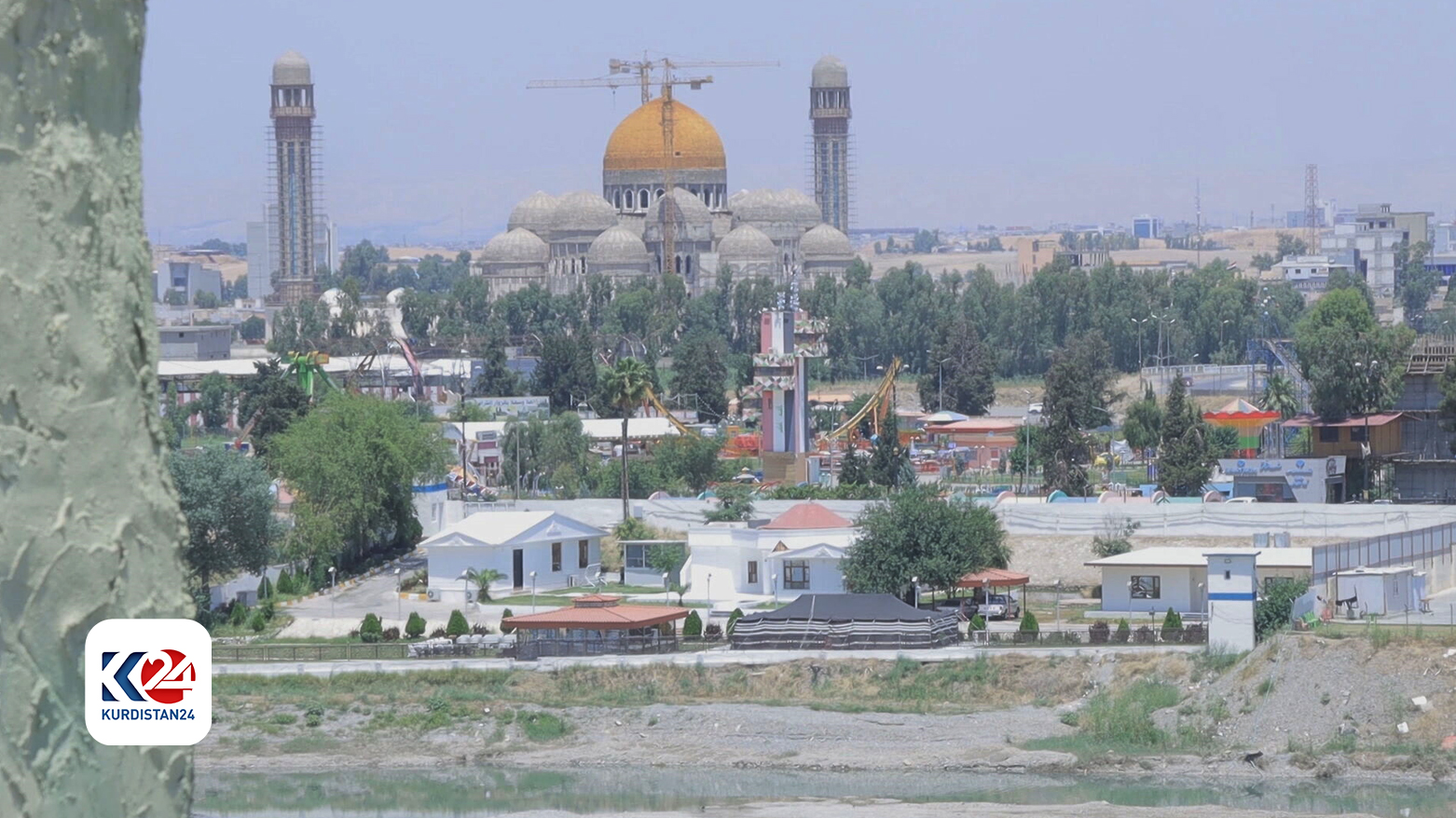Mosul residents fear return of ISIS amid SDF's release of prisoners
The potential infiltration of ISIS fighters into Iraqi territory, particularly the Nineveh province border, has alarmed the Christian, Yezidi, Kakayi, and Shabak communities.

ERBIL (Kurdistan 24) – Residents of Mosul are deeply concerned about a general amnesty that has led to the release of over 1,500 members of the Islamic State of Iraq and the Levant (ISIS) from prisons controlled by the Northeast Syrian Autonomous Administration and the Syrian Democratic Forces (SDF – or “Hêzên Sûriya Demokratîk” in Kurdish).
The potential infiltration of ISIS fighters into Iraqi territory, particularly the Nineveh province border, has alarmed the Christian, Yezidi, Kakayi, and Shabak communities. These groups fear a resurgence of ISIS attacks similar to those during the group's control of the area from 2014 to 2017.
"We, the Shabak, Christian, Yezidi, Kakayi, and Turkmen communities, are afraid of the resurgence of ISIS like the tragedy that occurred in 2014. Now that SDF has released these fighters, where will they go? They will return to the border of Nineveh province or go to the Kurdistan Region, so the communities living in Nineveh are afraid,” Majed Shabaki, a civilian activist, told Kurdistan 24.
Mohammed Tallal, an Arab resident of Mosul, expressed similar concerns, stating, "Any agreement or movement of terrorists in Iraq or Syria will have a direct negative impact on the security situation and stability in Nineveh province. Ever since the news of the release of ISIS members by SDF has emerged, fear, questions, and demands by the public have spread throughout social media platforms, exacerbating the already unstable situation in Mosul.”
The Iraqi army and Nineveh local administration share these fears.
Mohammed Kakeyi, chairman of the Nineveh Provincial Council's Security and Defense Committee, confirmed, "All those released by SDF have been dispersed along the Iraqi borders and there is no monitoring. According to gathered information by the Iraqi government, none of these released ISIS fighters hold Iraqi citizenship and are all foreigners.”
In response to the potential threat, the Iraqi government has increased troop deployments along the border with Syria, equipped with advanced weapons and equipment, to prevent any infiltration attempts.
On July 17, the Autonomous Administration in northeastern Syria issued a general amnesty for Syrian ISIS fighters who allegedly had not participated in any bloodshed.
This decision, influenced by requests from Arab tribal chiefs in Deir ez-Zur and other areas near the Iraqi border, has raised significant concern within the Iraqi federal government.
Fearing that these released ISIS fighters might evade re-arrest and bolster sleeper cells in Iraq, the Nineveh Provincial Operations Command held a closed meeting with the Nineveh Provincial Council to address any emerging threats.